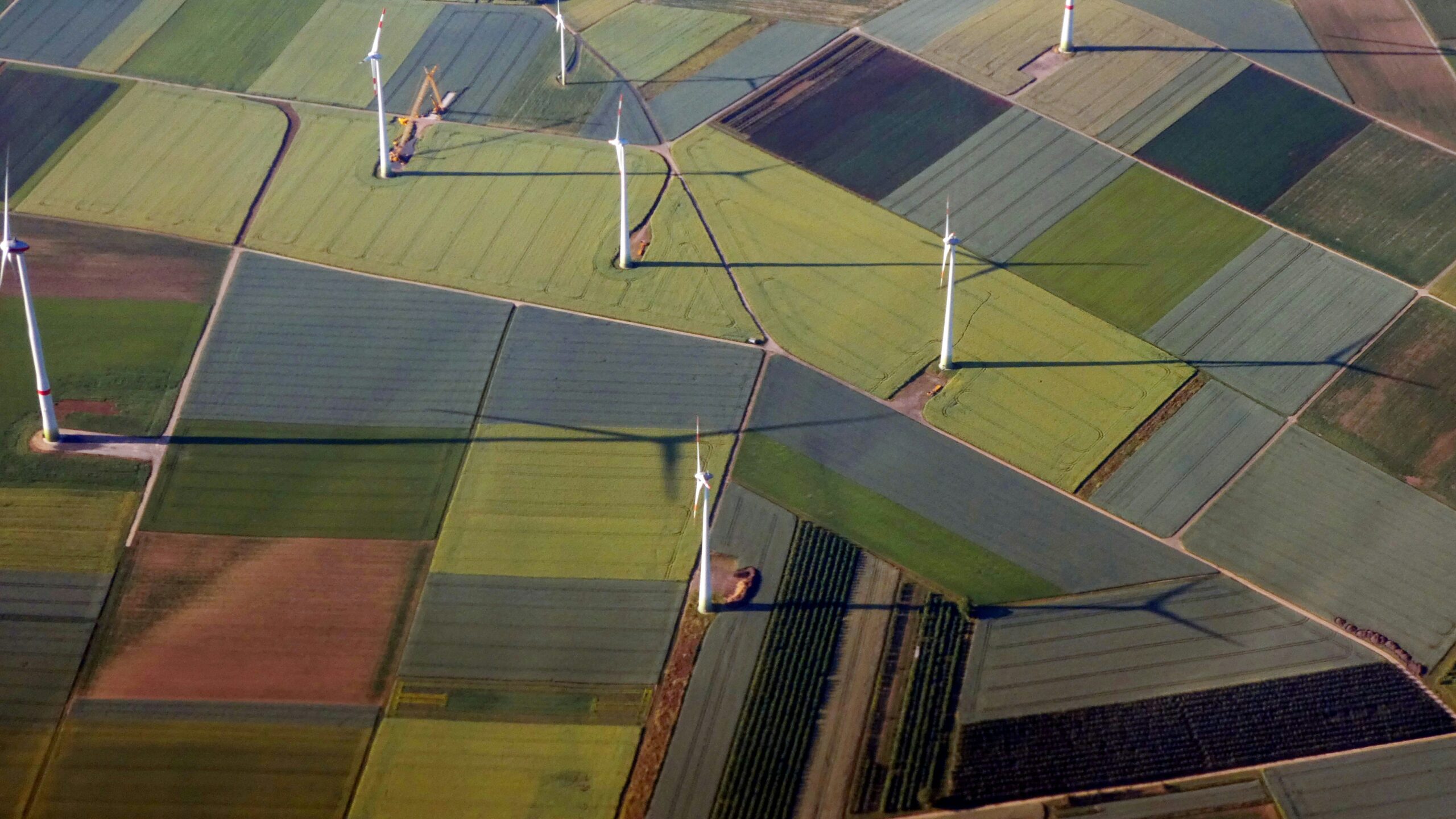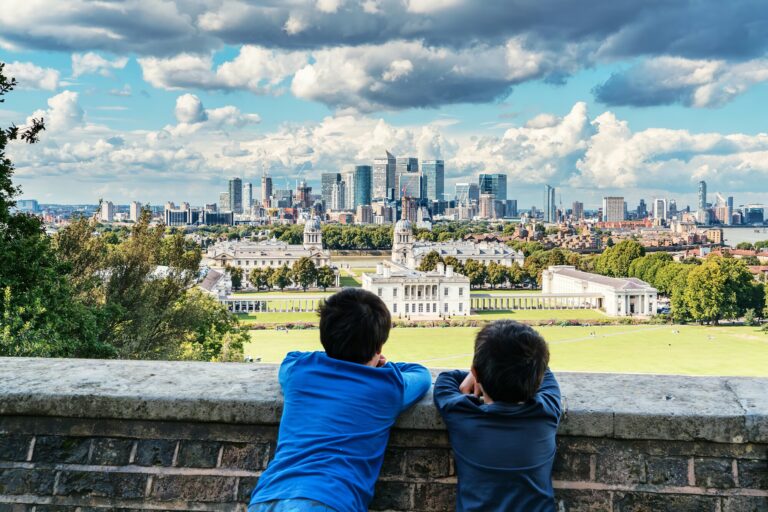
Degrowth: Rethinking Our Economic Future
The concept of Degrowth challenges the conventional belief that endless economic growth is the only thing to strive for. It offers a vision for a sustainable future by addressing the environmental and social costs of growth-focused economies. Let’s look at what degrowth is and where it began.
We continue our series exploring alternative economic models. Here, in the first of two parts, we examine degrowth.
___________
The roots of the Degrowth movement date back to the 1970s, when economists, ecologists and social thinkers began questioning the ecological consequences of growth. The Club of Rome’s 1972 report, The Limits to Growth, warned of resource depletion and environmental collapse if growth remained unchecked. It gained further momentum in the early 21st century as concerns about climate change and inequality have intensified.
What is Degrowth?
Degrowth advocates for reducing economic production and consumption in wealthy countries for reasons of sustainability, equity and well-being. It seeks to create societies that prioritise ecological health, fair resource distribution and quality of life over GDP growth. Advocates say it is not about austerity or stagnation but rethinking progress in harmony with planetary limits.
What does it stand for?
Degrowth is guided by a set of principles that challenge the “growth is good” mantra. It focuses on both people and the planet in order to strike a balance and protect both, and incorporates the following:
- Sustainability: It aims to bring human activity within ecological limits, reducing overconsumption and transitioning to renewable resources. It challenges the practices of growth economies, advocating for a system that respects biodiversity, reduces emissions and preserves ecosystems.
- Equity: At its core, it seeks to address inequalities in wealth, resources and opportunity. This includes ensuring fair resource distribution globally, so everyone has access to essential needs like food, water, education and healthcare. Equity also involves recognising and addressing the disproportionate environmental burdens placed on marginalised communities.
- Community: It encourages strengthening local economies and prioritising cooperation over competition. This involves supporting small businesses, embracing shared ownership models and nurturing a sense of collective responsibility.
- Well-being: Degrowth prioritises human happiness, health and fulfilment over material wealth and consumerism. It promotes shorter work hours, better work-life balance and increased leisure time, enabling people to focus on relationships, creativity and personal growth.
- Democracy: Participation and inclusivity are vital. Decisions about the economy and resource use must involve communities, ensuring that policies reflect the needs and values of people rather than pure profit.

Who backs it?
The Degrowth movement has been shaped by influential thinkers across the world. Their work has elevated the concept from a critique of traditional economics to a global discussion about sustainability and well-being.
One of the most prominent voices is Serge Latouche, a French economist and professor emeritus at the University of Paris-Sud. Latouche has been a leading advocate for Degrowth, particularly in Europe, through his books and public speaking. He emphasises the need to “decolonise our imagination” from the idea that infinite growth equals progress. He argues that true prosperity lies in reducing excess and focusing on what truly matters.
Another key figure is Giorgos Kallis, a political ecologist and professor at the Autonomous University of Barcelona. Kallis has been instrumental in defining Degrowth in academic terms and linking it to pressing issues like the climate crisis and global inequality. In his book Degrowth, Kallis writes:
A world where enough is plenty can be a world of freedom, equality, and joy.”
Jason Hickel, an economic anthropologist and author, has brought Degrowth to a broader audience through his bestselling book Less Is More. Hickel critiques the environmental and social costs of endless economic expansion and offers a vision for living within planetary limits. He argues:
Degrowth is not the same as recession – it’s about deliberately scaling down destructive activities while investing in human well-being.”

The movement also draws inspiration from Tim Jackson, a British economist and author of the groundbreaking book Prosperity Without Growth. As the director of the Centre for the Understanding of Sustainable Prosperity (CUSP), Jackson has worked extensively on envisioning economies that prioritise well-being over GDP. He challenges traditional economic paradigms, saying:
Growth has become an icon—an unquestioned dogma of our times. But questioning it is vital for our survival.”
These and other proponents, including researchers at the likes of Post-Growth Institute and degrowth.info, continue to drive the movement forward, bridging theory with practice. Their collective efforts have shaped Degrowth into a robust, interdisciplinary framework for rethinking progress.
Degrowth is an idea that critiques the global capitalist system which pursues growth at all costs, causing human exploitation and environmental destruction. The degrowth movement of activists and researchers advocates for societies that prioritize social and ecological well-being instead of corporate profits, over-production and excess consumption. This requires radical redistribution, reduction in the material size of the global economy, and a shift in common values towards care, solidarity and autonomy. Degrowth means transforming societies to ensure environmental justice and a good life for all within planetary boundaries.”
degrowth.info
Why Degrowth Matters
Degrowth urges us to reconsider what truly constitutes progress and prosperity. It highlights the unsustainability of pursuing GDP growth at the expense of ecological balance and social justice. Its focus on well-being and sustainability has helped spark a critical dialogue about the future of our economies.
That said, Degrowth does not come without its critiques. In part two, we will look at some of those criticisms in more detail.
_________________________________________________
This is part one of our look at Degrowth.



